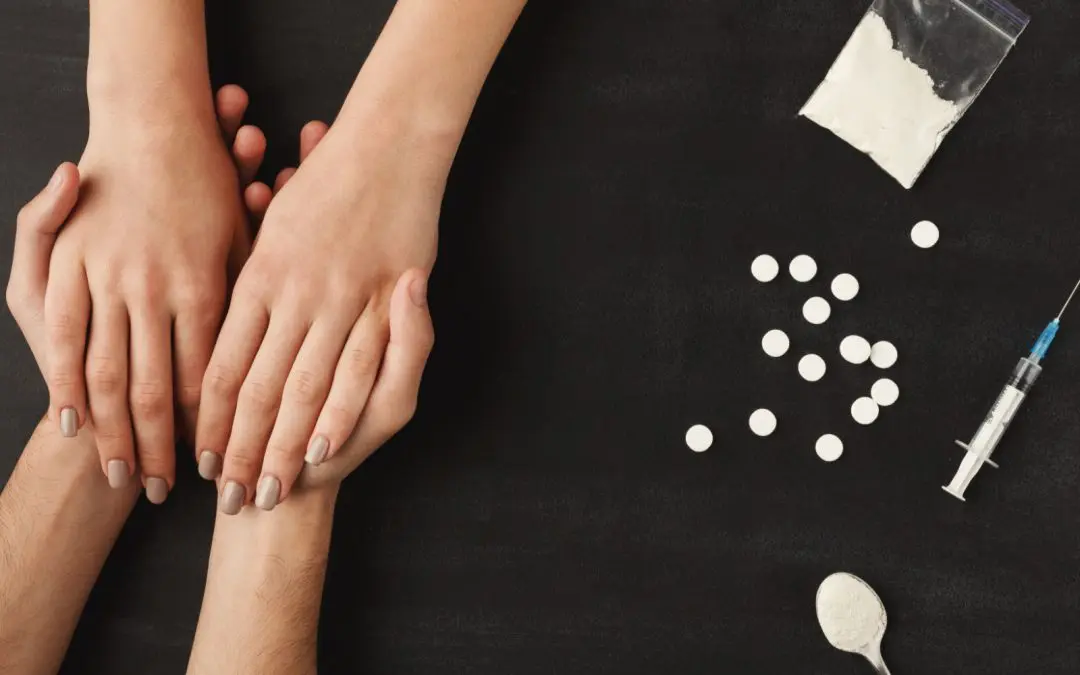24/7 Helpline:
(866) 899-221924/7 Helpline:
(866) 899-2219
Learn more about Klonopin Rehab centers in Fond du Lac County

Other Insurance Options

CareFirst

Optum

Molina Healthcare

Anthem

AllWell

Private insurance

Humana

UMR

United Health Care

Access to Recovery (ATR) Voucher

Ceridian

American Behavioral

Horizon Healthcare Service

Kaiser Permanente

Cigna

Choice Care Network

Meritain

Amerigroup

Health Net

Holman Group
Beacon House
Beacon House offer inpatient treatment for women with alcohol and/or substance addiction. The progra...

ARC Community Services For Women
ARC Community Service is a non-profit rehab located in Fond Du Lac, WI. ARC Community Services speci...

Blandine House
Blandine House is a non-profit rehab located in Fond Du Lac, Wisconsin. Blandine House specializes i...

The Blandine House
The Blandine House stands as a reputable substance abuse treatment center in Fond Du Lac, WI for men...

Aurora Behavioral Health Center
Aurora Behavioral Health Center is a private rehab located in Fond Du Lac, Wisconsin. Aurora Behavio...












































































Alcohol and Drug Abuse Resource
Alcohol and Drug Abuse Resource offers outpatient treatment for individuals with alcohol and/or subs...

Addiction Counseling Service
Addiction Counseling Service offers outpatient services for individuals struggling with chemical dep...

AA – Alcoholics Anonymous
AA – Alcoholics Anonymous is a non-profit rehab located in Fond Du Lac, Wisconsin. AA – Alcoholics A...

ARC Community Services
ARC Community Services is a twelve bed, community-based facility for adult female offenders with a 9...





































































